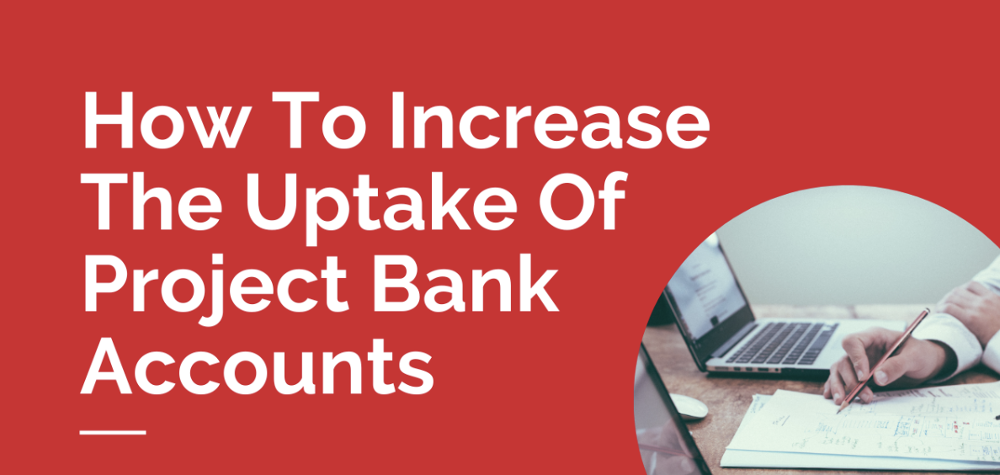In this article, I will be explaining Project Bank Accounts (PBAs) and how to increase their uptake.
“Cash is King” in the construction industry and effective cash flow is the driving force of progress on site. Several attempts have been made over the years to solve the age-old problem of late payment practices which has troubled the industry, including the Construction Act 1996 and Late Payment of Commercial Debts (Interest) Act 1998. As a result, the use of PBAs has been promoted as a solution to this issue.
How Do PBAs Work?
PBAs in operation ensure that the contractor and the supply chain receive prompt payment for monies due to them through the payment mechanism in the contracts. The idea is that the PBA is set up jointly by the employer and contractor through a trust deed agreement, under which all payments are authorised to be made by the bank to the contractor and the supply chain.
PBAs increase transparency and the employer can see where, when and how much money is being transferred to the supply chain. This prevents the money from sitting in the principal contractor’s bank account without finding its way down the supply chain. This increases trust and collaboration, leading to fewer disputes and better value for money, including better productivity. Parties involved can also avoid insolvency risks.
The Problem With PBAs
PBAs have simply not been popular and take-up has been quite limited in public-sector contracts and almost non-existent in private-sector contracts. The question is, why? And how can the industry increase the uptake?
The Solution
The following conceptual difficulties require attention…
- PBAs do not provide any solution to the problem of employer insolvency, since the amounts paid into the account at any point in time are the amounts already certified as being due to the contractor and the supply chain.
- PBAs attempt to address the difficulties in getting payment from the contractor down to the supply chain. But, it does not address the difficulty in getting payment from the employer to the contractor.
- The contractor who might otherwise have negotiated discounts for early/timely payment to members of the supply chain is denied that incentive.
- The OGC fair payment Charter for use with NEC contracts provides that the parties to the PBA trust deed, agree that the charter is not intended to be a legally binding document and is not to be used in construing any contractual commitment.
- In certain circumstances where there is a shortfall in the PBA for payments to the contractor and the supply chain, the contractor is required to make up the shortfall, not the employer.
Given the pivotal role of the contractor, any mechanism that seeks to address the concerns of the supply chain any greater than the contractor’s will remain unpopular. As such, the concept of PBAs needs to be updated to better incentivise the contractor.
Are You Facing The Issue Of Late Payments?
You may benefit from attending Mercantile Barristers’ upcoming webinar: How To Avoid Disputes And Payment Delays In Construction.
Remember, if you are faced with a construction dispute, Mercantile Barristers will be happy to assist. Do use the enquiry form below to contact us to discuss your matter further.





